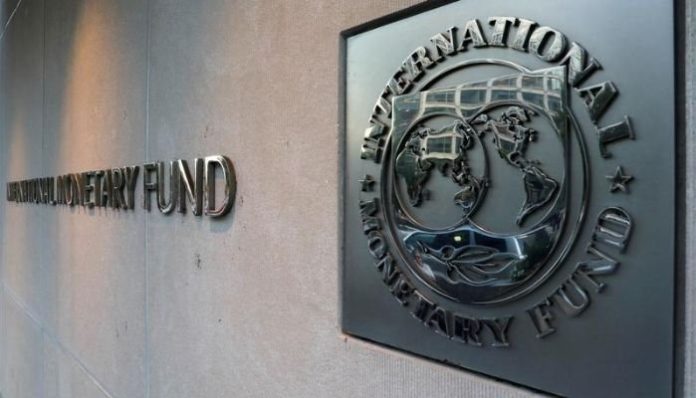ISLAMABAD: Pakistan and the International Monetary Fund (IMF) have yet to reach an agreement on the fiscal framework, as Islamabad makes last-ditch efforts to persuade the Fund staff to approve manageable fiscal adjustments’ of 1.5% to 2% of the GDP in the upcoming budget.
Top official sources confirmed to the economic managers are still in a difficult situation, as on the one hand they must persuade the IMF of a slower pace of fiscal adjustments, while on the other they must gain the confidence of their political leadership over tough measures.
When contacted, the IMF’s resident chief, Esther Perez Ruiz, said on Monday, “The discussions with the Pakistani authorities, aimed at reaching an agreement to enable the conclusion of the pending seventh review under the 2019 Extended Fund Facility (EFF), are ongoing and remain very constructive.”
“The IMF recognises the authorities’ efforts to bring fuel prices in line with international prices as part of a comprehensive set of policies and reforms to restore macroeconomic stability and meet programme objectives.”
“The budget for the next fiscal year is a key policy instrument in this regard. The IMF looks forward to facilitating review progress via continued dialogue and close engagement with Pakistan’s government,” she added.
However, Pakistani authorities, especially a Federal Board of Revenue (FBR) team, along with the Ministry of Finance, would be required to convince the IMF’s specialist on the fiscal front that the taxation measures would be able to broaden the tax base as well as jack up the tax collection beyond Rs7.255 trillion and up to Rs7.5 trillion without creating distortions in the tax system.
When a top official government functionary was contacted for comments, he said that the government was still making efforts to convince the IMF on the pace of adjustments on the fiscal front, which would be unveiled in the upcoming budget, as the government wanted to undertake fiscal adjustments in the range of 1.5 to 2% of GDP, equivalent to Rs1.5 trillion to Rs2 trillion maximum in the coming budget through raising the country’s revenues and curtailing expenditures.
The IMF placed the reformed Personal Income Tax (PIT) as a structural benchmark, but the FBR wants to avoid increasing tax rates, especially on lower slabs and reduce the number of slabs from 12 to six in the upcoming budget.
Although the federal finance minister publicly refused to jack up PIT rates in the coming budget, insiders say that everything was still open to taking the IMF into confidence before the announcement of the budget within the next few days. The budget for 2022–23 will be announced on June 10, 2022.
The FBR is making efforts to convince the IMF to slap increased rates on higher-income slabs, and it is also under consideration to impose a luxury tax on higher slabs over and above the income tax rate in the coming budget.
However, the FBR is busy identifying income tax exemptions in the coming budget. There are different income tax exemptions that are under consideration to be withdrawn in the budget for 2022–23.
However, it requires the political will of the government to take the bold decision to withdraw income tax exemptions such as charitable donations, investment in shares and insurance, investment in health insurance, and contribution to an approved pension fund, introduced in the Finance Act 2021 for specified industrial undertakings; Clause 57(1) Income of NIT Trust; Clause 66-Comsats; Clause 99A-Profit from the sale of immovable property to a REIT; Cl 103A-inter-corporate dividend; Cl 105B-dividends; and Cl 132C (inserted by Finance Act 2021 with retrospective effect from 2013) on income from bagasse-based power projects
The tax credits are mostly for individuals as income tax exemptions are available to military personnel, judges, presidents, governors, and ministers on different perks and privileges, and it is yet to see whether the government withdraws these income tax exemptions or continue by citing different excuses in the next budget.

















